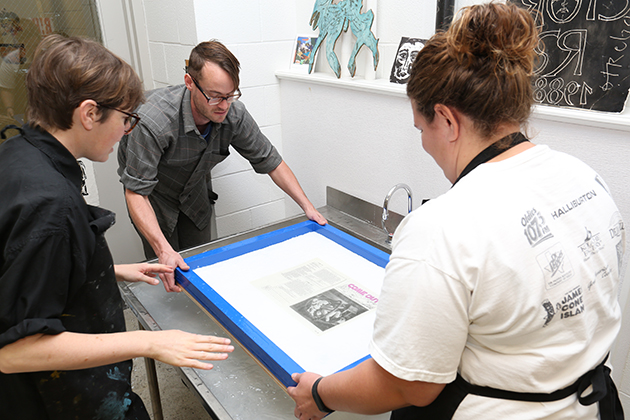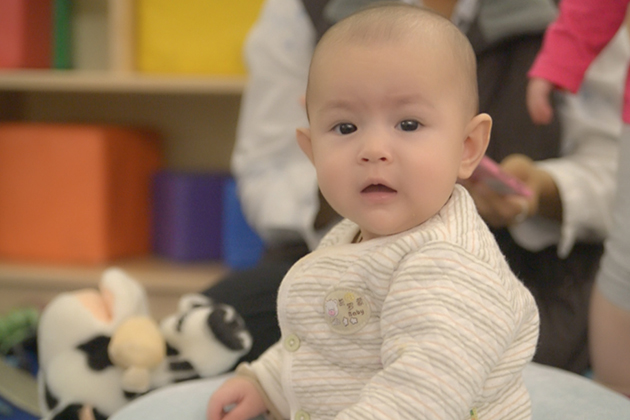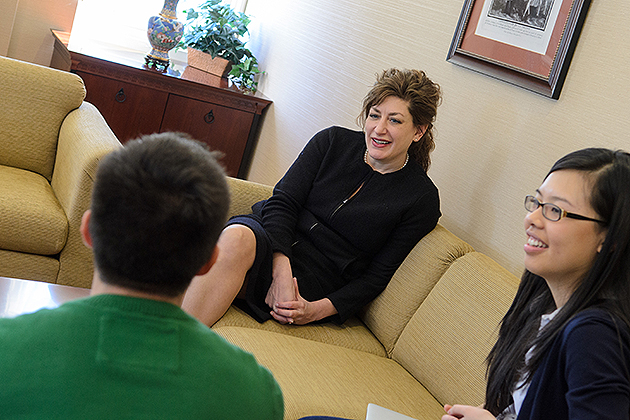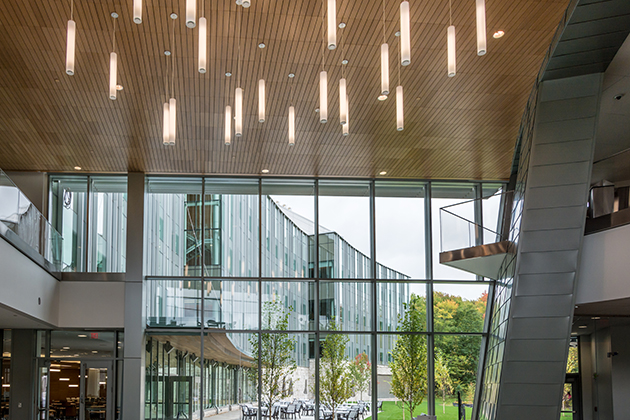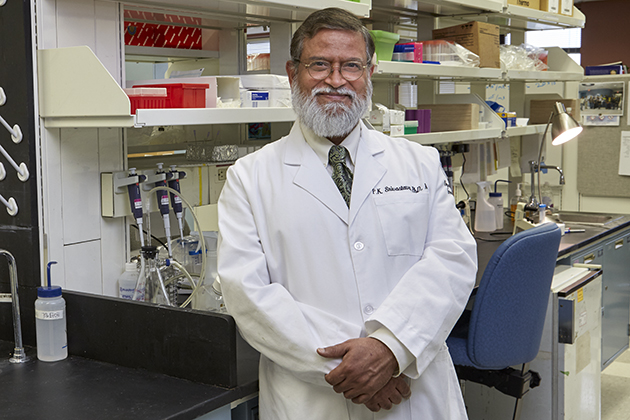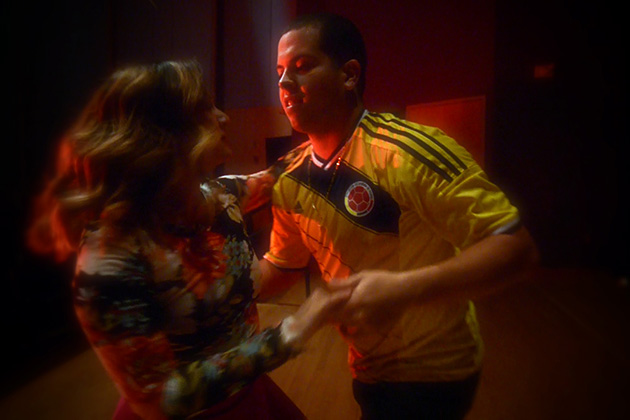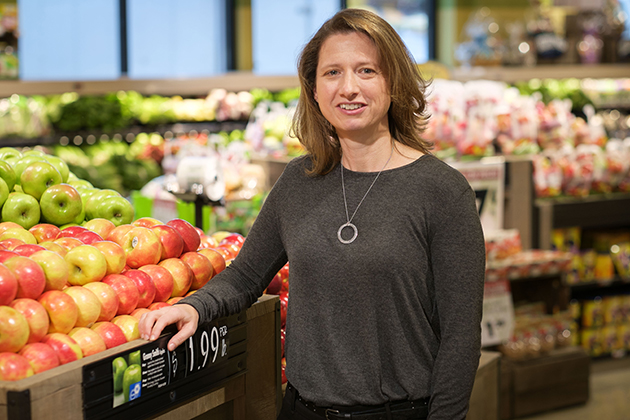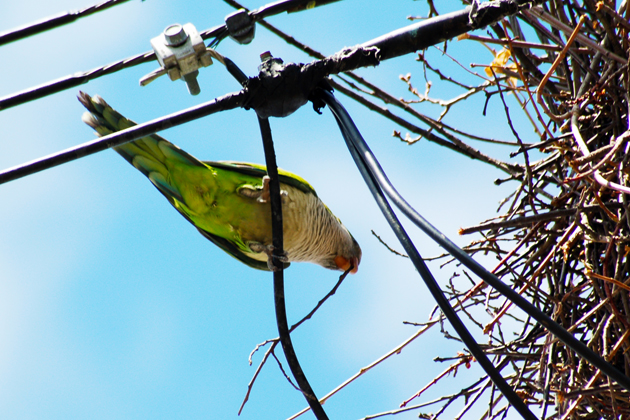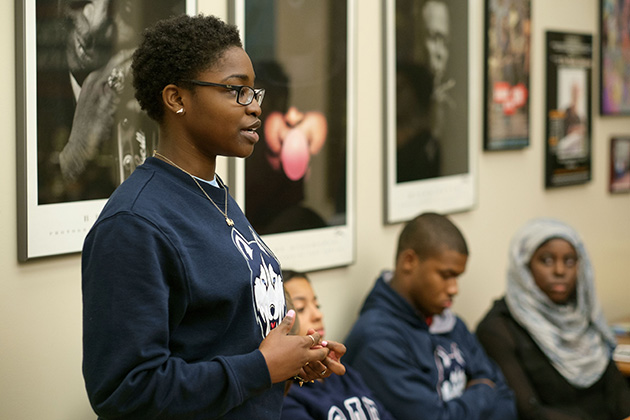Topic
Artist Inspired by Alternative Press Collection
New Zealand artist Louise Menzies has created an exhibition inspired by archival materials from the Dodd Research Center.
October 9, 2014 | Kenneth Best
Baby Talk in Any Language
UConn researcher Nairán Ramírez-Esparza has found that, regardless of the language, how you talk to young children matters.
October 9, 2014 | Elizabeth Caron
‘Advergames’ a New Front in Fight Against Childhood Obesity
Part of a semester-long series exploring obesity research by UConn faculty.
October 8, 2014 | Colin Poitras
President Herbst Schedules Office Hours for Students
The first open office hours session for students this fall will take place on Friday, Oct. 10, from 1 to 3 p.m. at Gulley Hall.
October 8, 2014 | Stephanie Reitz
JAX Genomic Medicine Opens at UConn Health
The partnership with The Jackson Laboratory, which fosters collaborations with UConn scientists, is the first return on the state’s investment in Bioscience Connecticut.
October 7, 2014 | Combined Reports
UConn Researchers Develop Personalized Ovarian Cancer Vaccines
The first genomics-driven personalized medicine clinical trial in immunotherapy of ovarian cancer begins at UConn Health this fall.
October 6, 2014 | Kim Krieger
Baile Latino
Celebrate Hispanic Heritage Month with Jon Borges and Cristina Cutz dancing traditional Latin salsa.
October 2, 2014 | Angelina Reyes
Healthy Relationships Help Foster Healthy Eating Habits
Part of a semester-long series exploring obesity research by UConn faculty.
October 1, 2014 | Sheila Foran
Beating Monk Parakeets at Their Own Game
Outsmarting birds by blocking the pathway to their nests will reap dividends for homeowners and utility companies, a new UConn study has found.
September 30, 2014 | Sheila Foran
Students Speak Out About Suicide
Suicide is the second leading cause of death among college students. A student panel discussed how their lives had been affected by the issue.
September 30, 2014 | Julie Stagis '10 (CLAS, BUS)
